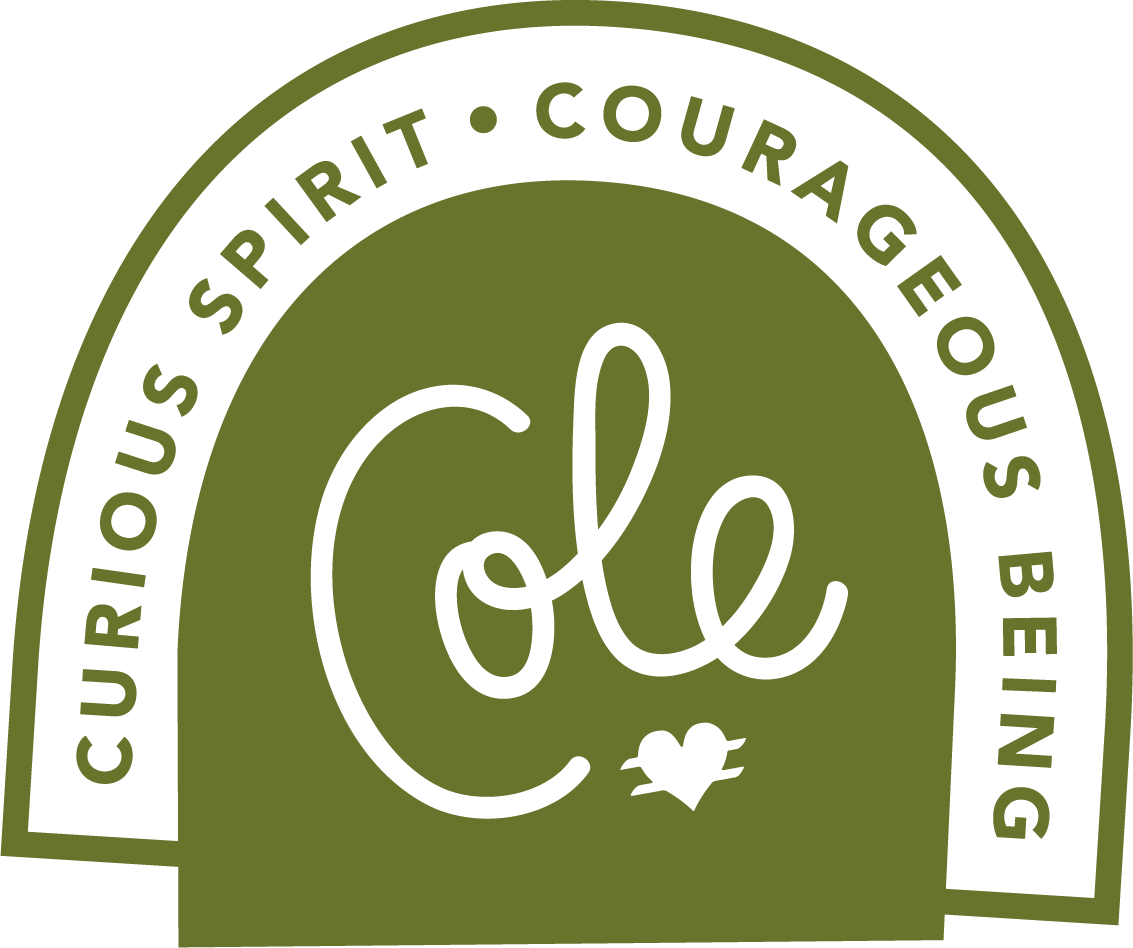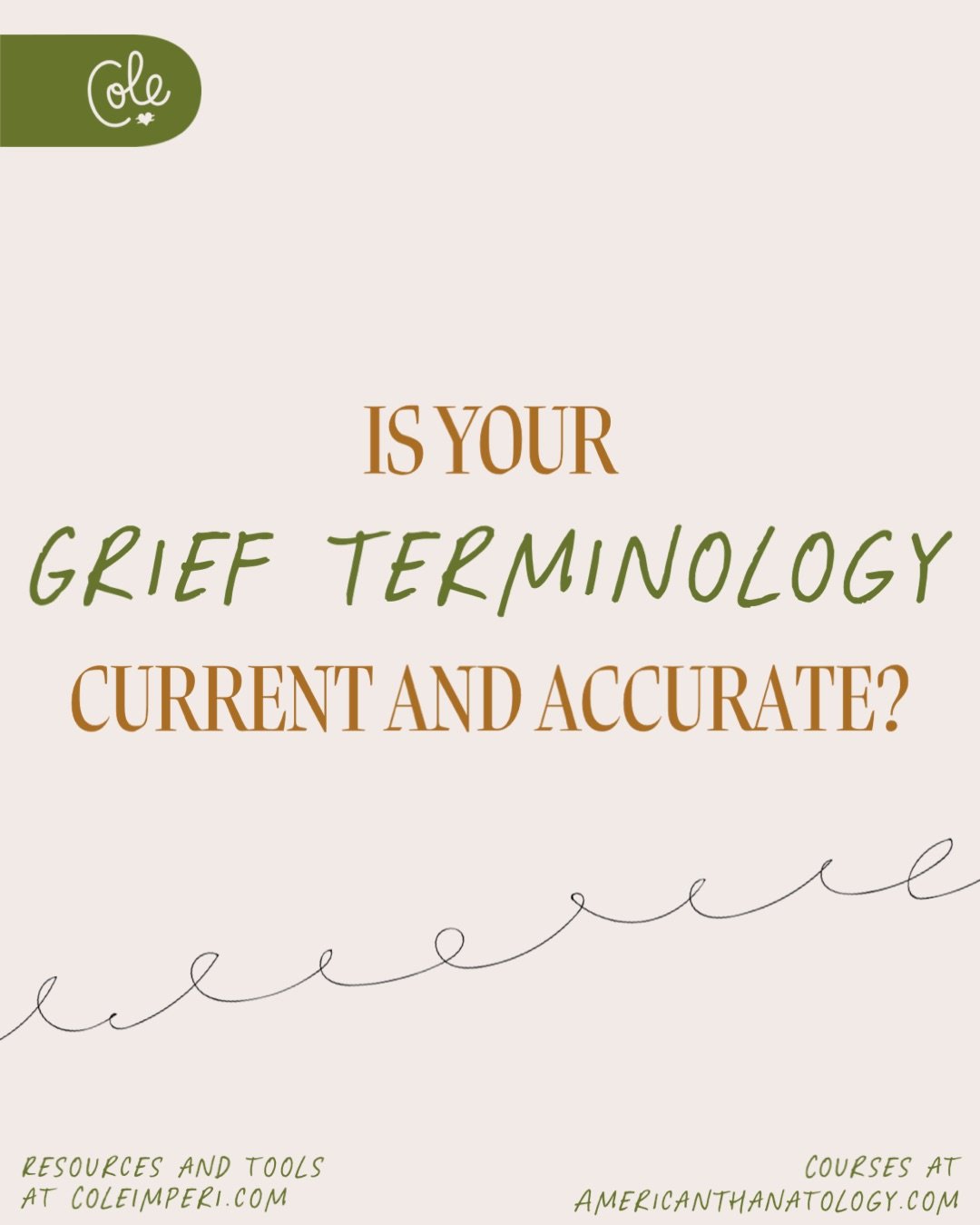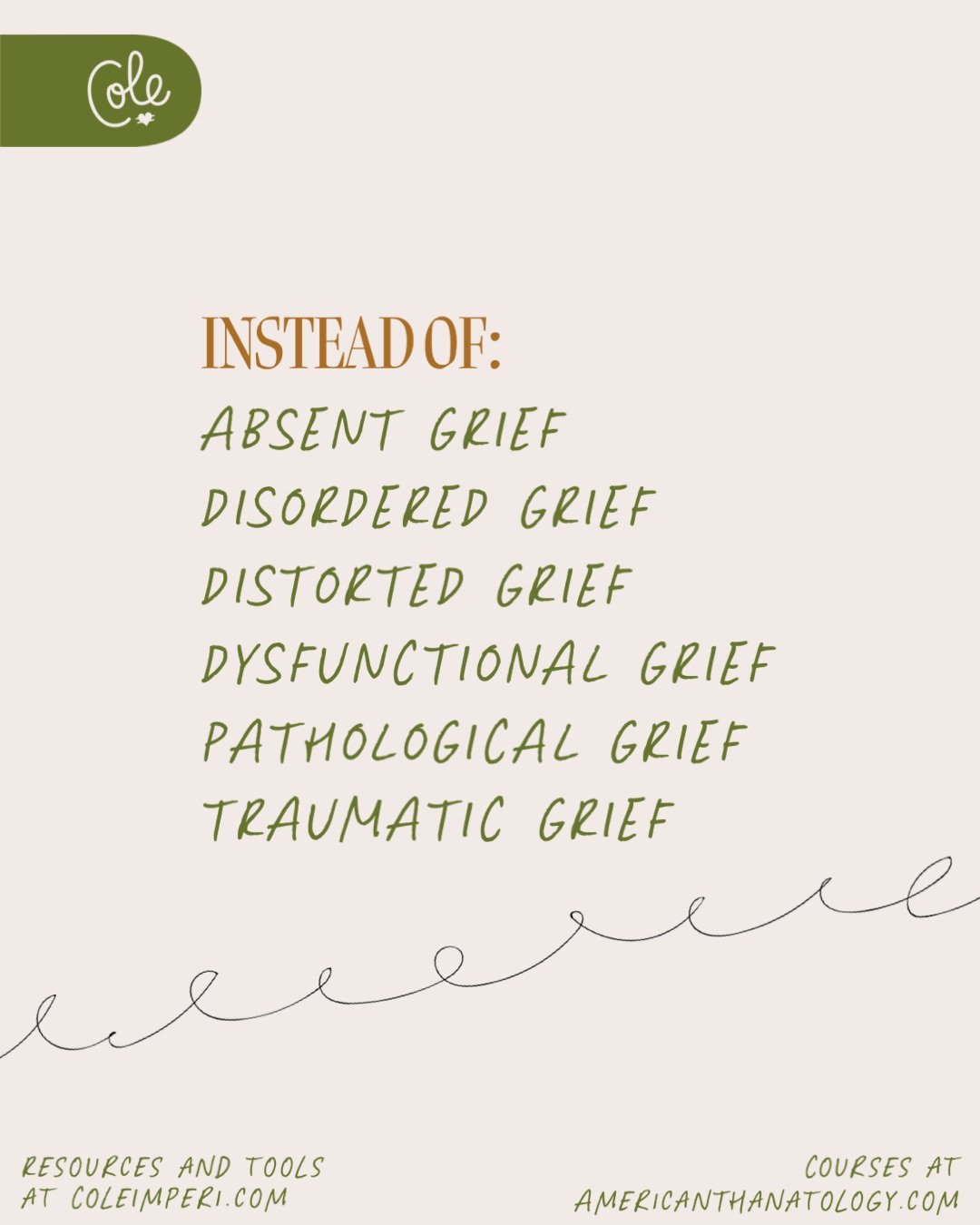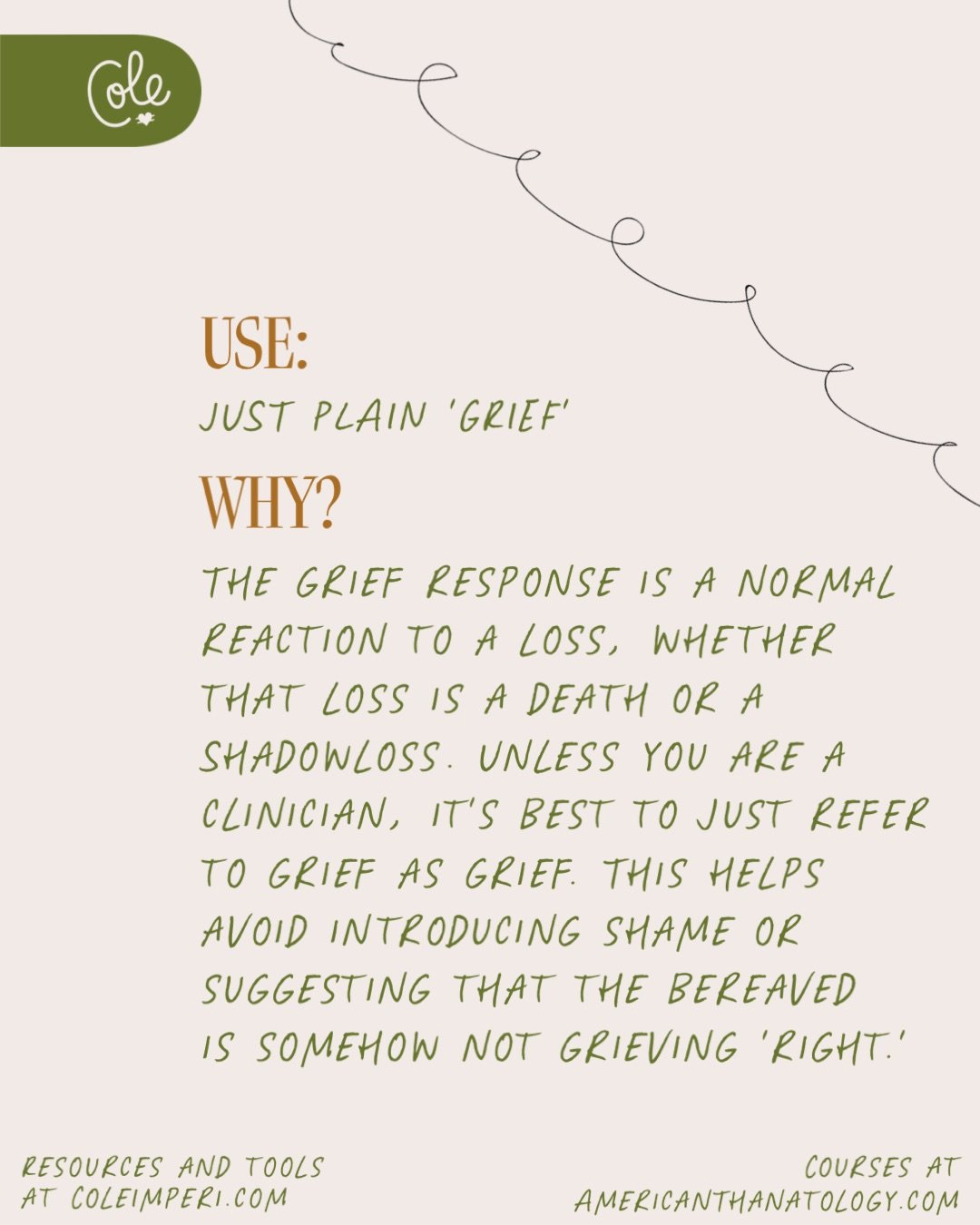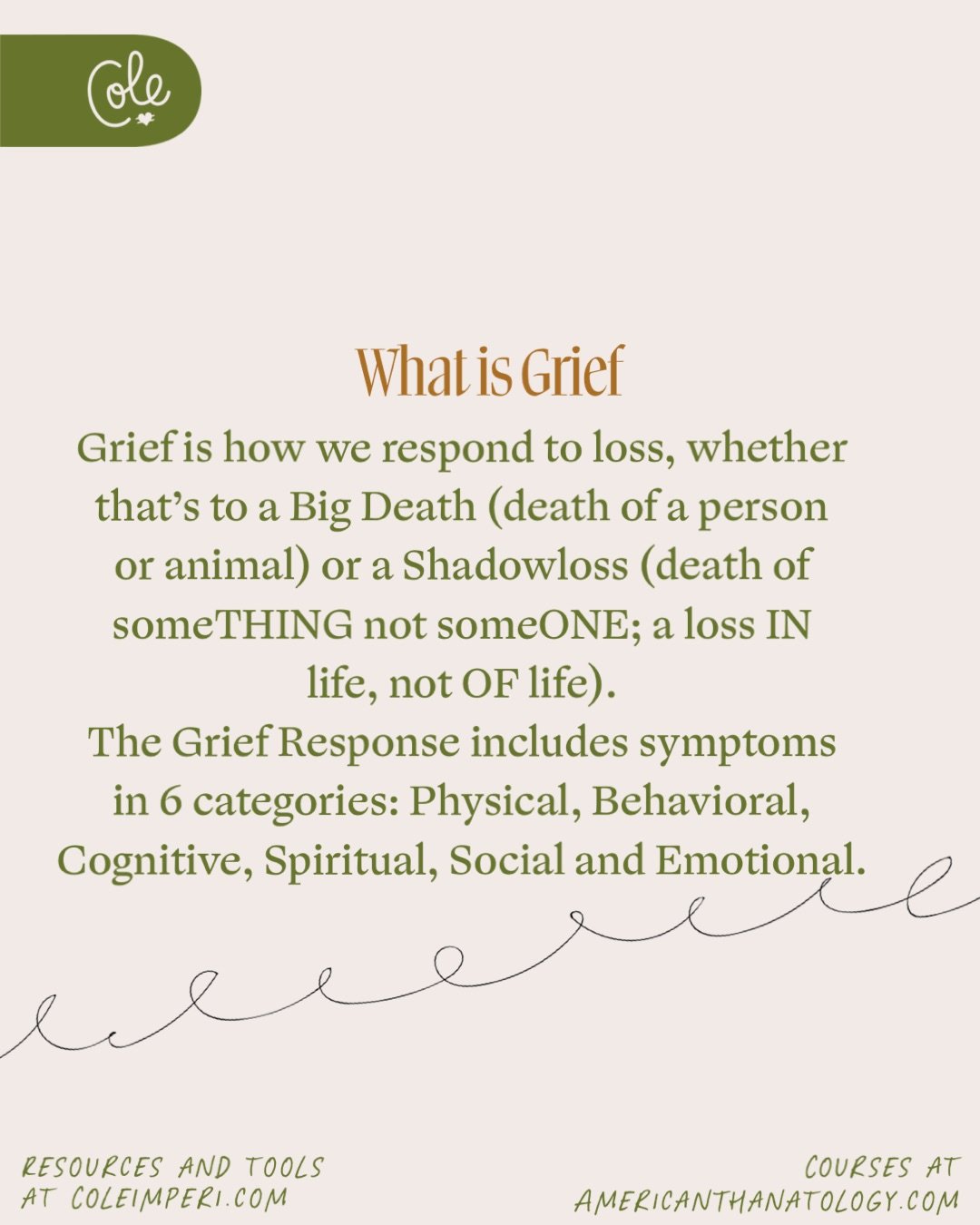Is Your Grief Terminology Current and Accurate?
Thanatology itself is a pretty young field, and so too is the way we talk about grief.
Well, let me elaborate—humans have always talked about grief, we just may not have called it that—called it grief. The word grief didn’t exist until about the year 1200. But do you think people weren’t experiencing grief just because the word didn’t exist before then? They most definitely were!
To this day, clinicians, researchers and other professionals are not only studying grief and its impact, they are actively furthering the way we talk about grief. This post is meant to succinctly summarize where we are today, with the caveat that language around grief and loss will most definitely continue to evolve and change.
If this is helpful, please share these posts and tag me, that leads others to my work. You can also support independent thanatology on my Patreon, or take a class at the School of American Thanatology.
Special thanks to La Shanda Sugg, LPC who reviewed these slides. You can find La Shanda at thelaborsoflove.com
Sources and Further Reading
Dougy Center—Resources for Counselors and Helping Professions: https://www.dougy.org/grief-support-resources/supporters-of-grievers/counselors-and-helping-professionals
Dougy Center—Becoming Grief Informed: https://www.dougy.org/assets/uploads/Becoming-Grief-Informed_A-Call-to-Action.pdf
These Recent Studies Related to the “Pandemic Grief Scale”: https://scholar.google.com/scholar?cites=12671129025830681351&as_sdt=4000005&sciodt=0,18&hl=en
Bereavement and Grief During the COVID-19 Pandemic: https://www.psychiatrist.com/pcc/depression/bereavement-and-grief-during-covid/
Validation of the new DSM-5-TR criteria for prolonged grief disorder and the PG-13-Revised (PG-13-R) scale: https://onlinelibrary.wiley.com/doi/full/10.1002/wps.20823
Grief: A Brief History of Research on How Body, Mind, and Brain Adapt: https://www.ncbi.nlm.nih.gov/pmc/articles/PMC6844541/
